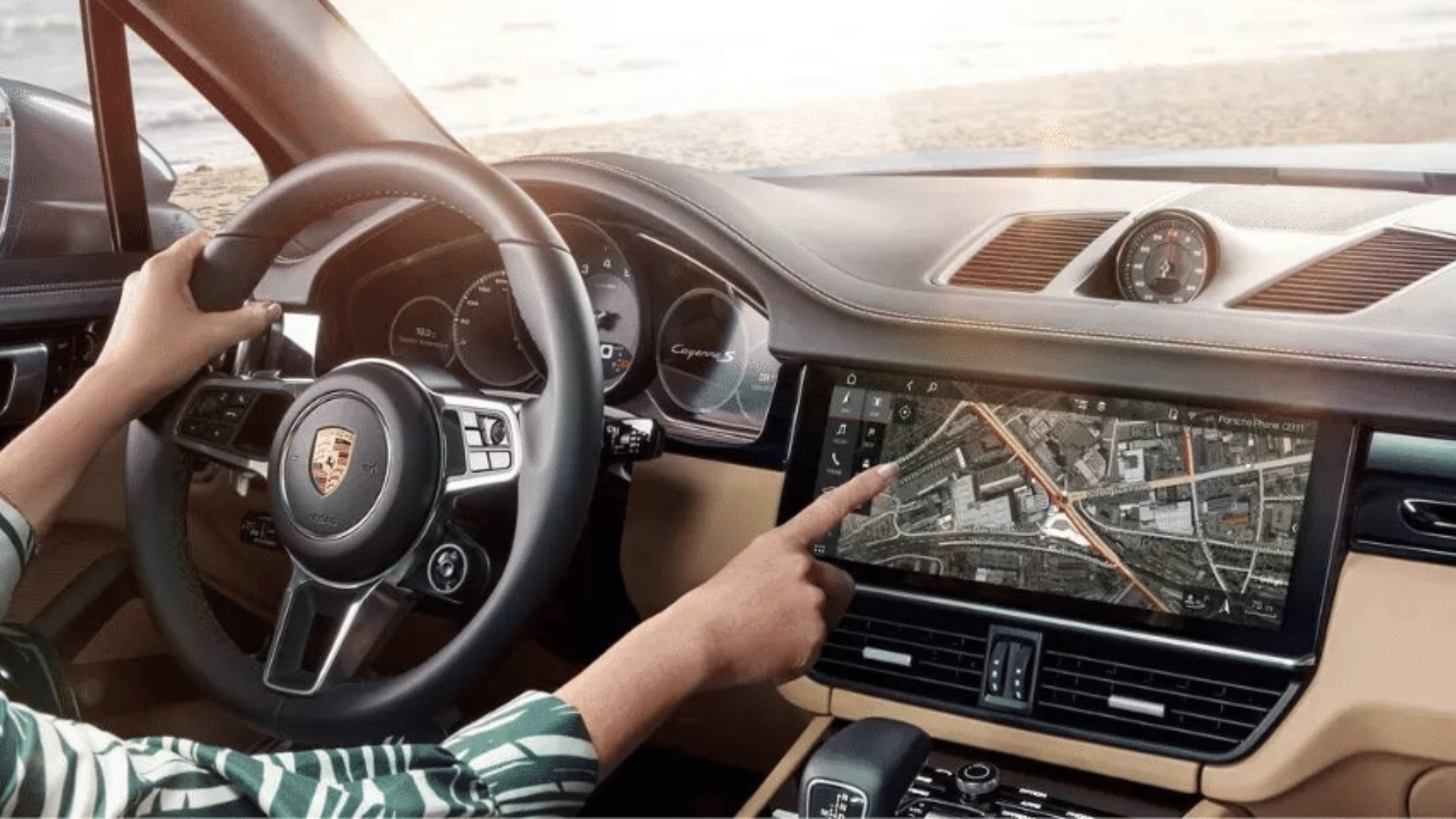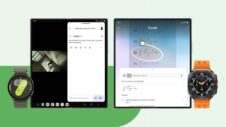Porsche has announced that the infotainment system in the company’s upcoming vehicles will offer applications and services from Google, such as Google Maps and Google Assistant, through the Google Play Store. According to the company, the integration of the “Google ecosystem” will arrive in Porsche vehicles “in the middle of the decade.” That means you can expect Porsche vehicles with Google apps to launch around 2025.
Porsche vehicles will also get Android Automotive
Commenting on the matter, Hiroshi Lockheimer, SVP of Platforms and Ecosystems at Google, said: “With an infotainment experience built on Android, drivers will be able to access the latest Google technologies and services in tandem with the best of Porsche design and branding.” This statement suggests that Porsche’s upcoming vehicles will also feature Android Automotive, an OS made specifically for in-vehicle hardware, and it has already been adopted by other car makers, including Honda, GM, Volvo, and Ford.
No major change to the UI even after the shift to the new OS
While you might be thinking that the infotainment systems from Porsche that will be based on the Android Automotive OS, offering Google apps through the Google Play Store, might feature a different user interface, the company says that won’t be the case. In the press release, Porsche points out that “Customers will continue to find the familiar user interface of the Porsche Communication Management (PCM) system.”
Porsche’s decision could be a result of Volkswagen’s difficulties
Last week, it was revealed that Volkswagen, the parent company of Porsche, has planned to lay off 2,000 employees from Cariad, the car manufacturer’s in-house software development unit. Reportedly, it will delay the launch of the E3 1.2 platform, which was supposed to power the infotainment system in Porsche Macan, till 2025.
Porsche’s announcement comes right after the news about layoffs at Volkswagen broke out, which suggests that Porsche doesn’t want to wait for the E3 1.2 operating system for the company’s future vehicles. Instead, the company will be adopting Android Automotive.






